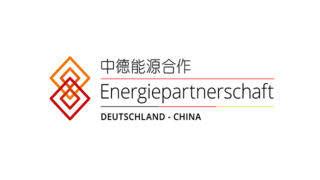Germany’s Regulatory Framework and Instruments for Energy Efficiency in Industry
Keywords: Energy Efficiency, Regulatory Framework, Energy Management Systems, Policy Research | Study published: January 2023
The study "Germany’s Regulatory Framework and Instruments for Energy Efficiency in Industry" underscores the significance of energy efficiency as a cornerstone for achieving climate neutrality. It provides an in-depth analysis of Germany's best practices and policies for energy efficiency, offering insights into how these measures can be shared with China to bolster a low-carbon energy policy and system.
The report compares Germany's energy efficiency measures with China's policies, suggesting that China could enhance its approach by linking energy efficiency targets to energy demand, extending product standards, promoting waste heat use, and avoiding fossil fuel lock-in to achieve a climate-neutral future.

- Energy efficiency policies should target absolute reductions in primary and final energy demand to prevent rebound effects and stagnation in CO2 emissions.
- Waste heat utilization, although challenging, offers substantial potential for energy savings and should be integrated into new industrial plant constructions.
- Early commitment to energy efficiency measures and their inclusion in emissions trading or tax systems are crucial for promoting energy efficiency in industry.
The study is a result of the Climate and Energy Partnerships:

